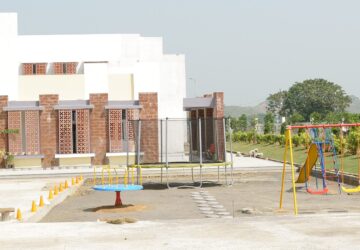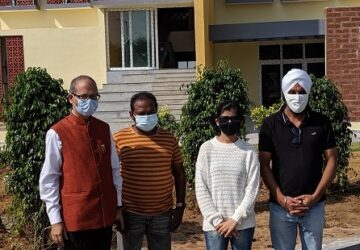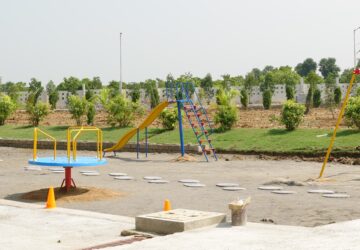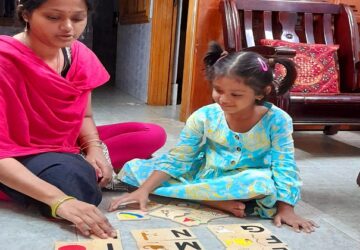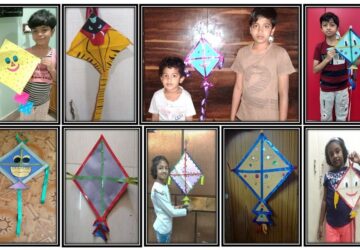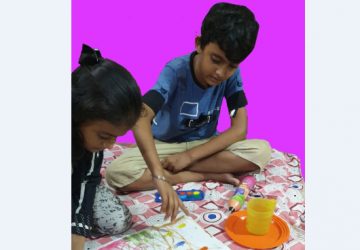When Dr Thangadurai invited me for an online talk on Art Integration in Mathematics, I readily agreed. Dr Thangadurai is a respected educationist and accomplished teacher, having been felicitated as the best teacher in the country by President Abdul Kalam. He has taught in several states in India and outside and has been Director of Presidency Group of Schools in Karnataka.
Dr Thangadurai is the founder of TD Educational and Charitable Trust aimed at supporting and mentoring teachers across the country.
While the topic is Art Integration in Mathematics, we believe this video presents some of Klorofeel’s way of teaching and will be useful for all teachers, not just mathematics teachers. The specific talk on Mathematics is presented here.
Kalyan Banerjee

